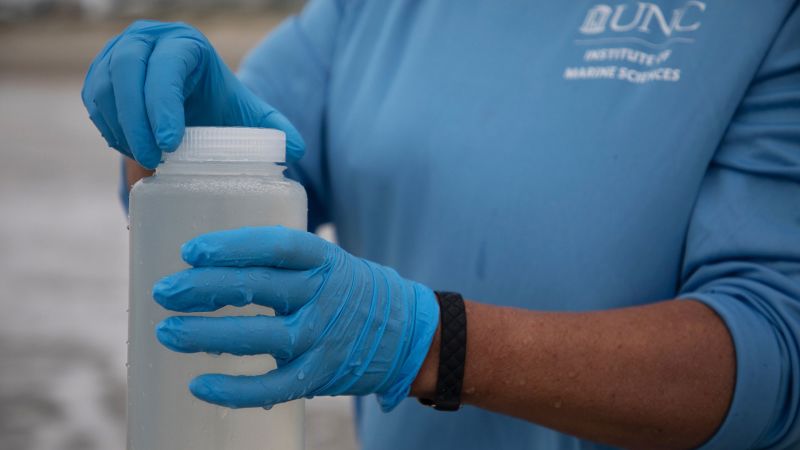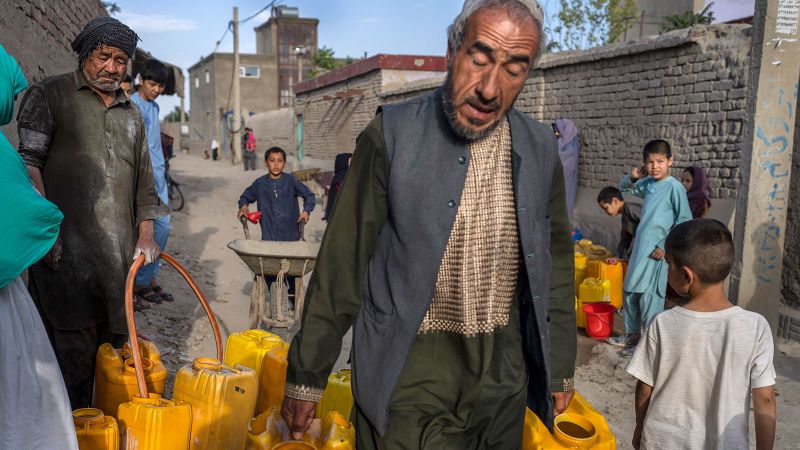
Rising Cases of Flesh-Eating Bacteria Linked to Climate Change
Opinion | 8/27/2025
Cases of flesh-eating bacteria are on the rise, according to experts attributing this concerning trend to climate change. In a serene fishing village near New Orleans, Linard Lyons, a resident, was going about his routine of readying crab traps on his boat when the realization hit that the waters he knew so well were becoming increasingly hazardous.
The bacteria in question, known for its destructive impact on human tissue, poses a growing threat as it proliferates in warmer waters, a direct consequence of climate change. Scientists are sounding the alarm on this surge in cases, highlighting the urgent need for heightened awareness and preventive measures to combat the spread of these infections.
Discussing the situation, a local health official emphasized the importance of understanding the link between environmental changes and public health risks. The community, reliant on the bayou for sustenance and livelihood, is grappling with the implications of this escalating health concern, underscoring the pressing need for proactive strategies to safeguard against such infections.
As incidents of flesh-eating bacteria continue to climb, experts stress the crucial role of scientific research and community engagement in addressing this issue. Efforts to monitor water quality, enhance medical response protocols, and raise awareness among residents are crucial steps in mitigating the risks associated with these bacteria, which thrive in warm aquatic environments.
In conclusion, the rising prevalence of flesh-eating bacteria serves as a stark reminder of the far-reaching impacts of climate change on public health. With communities like the one near New Orleans facing mounting challenges, collaborative action and informed decision-making are essential in tackling this growing threat effectively.


